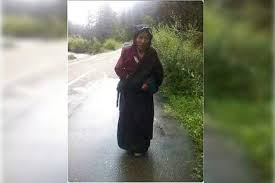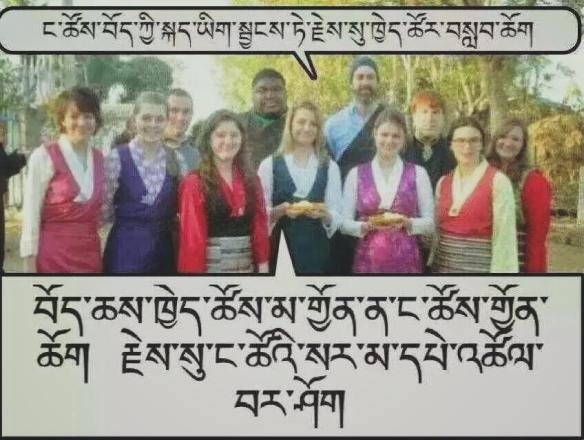
(A geomancer or sand diviner from Mali traces geomantic figures in a prepared bed of sand)
A few days ago a member of a Geomancy study group that I am a part of on Facebook posted some interesting links to 19th century material that mentions geomancy. Many of the links this person posted included accounts of geomantic procedures that European colonial explorers like Sir Richard Burton had observed during their travels through parts of Africa. One of the links was a little different however: it was a facsimile of Voyage au Darfour (Journey to Darfur), the 1845 translation into French of a travelogue written in Arabic by Sheikh Mohammed Ibn Omar El-Tounsy (Al-Tunisi), who served as chief reviewer of translations of medical texts translated from European languages into Arabic at the School of Medicine in Cairo. This particular source thus jumped out at me, not only for its content but because rather than yet another white colonist’s account of native culture, it represented the reflections of a colonized non-white foreigner observing cultural practices that were both different from and cognate with his own.








